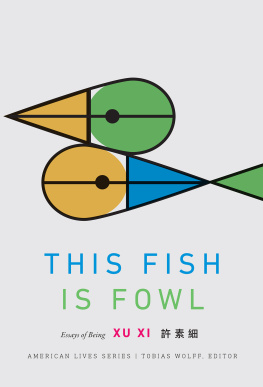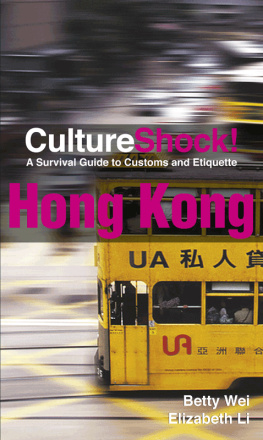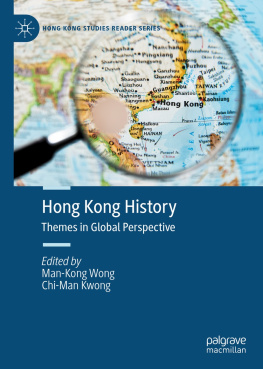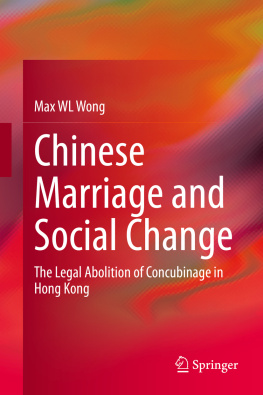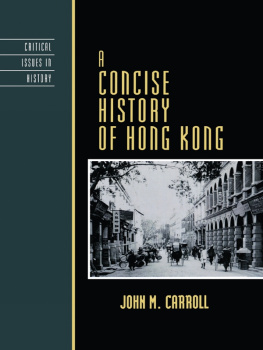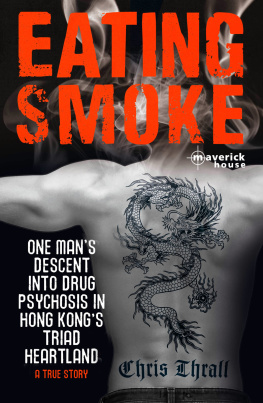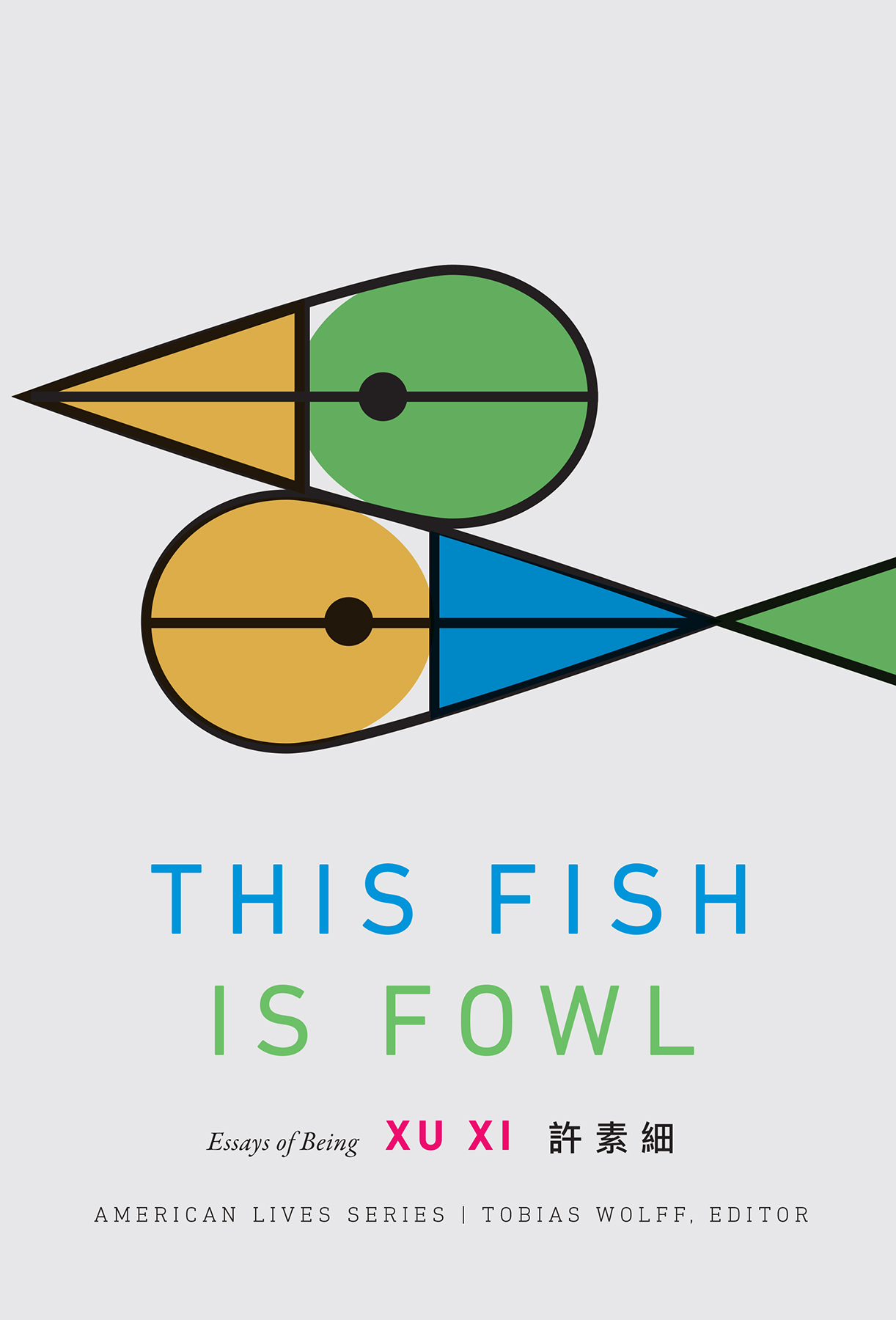
To read these smart, inventive, and always surprising essays is to be given a passport to a transnational perspective the world sorely needs at this moment.
Robin Hemley, author of A Field Guide for Immersion Writing
In an age of willful ignorance, parochialism, and a dominant prose style typified by misspelled tweets, Xu Xis writing is smart, international, and fluid. She navigates smoothly between not only countries and continents but, perhaps hardest of all, family members. Here the personal isnt just political; its global. And, most important, deeply compassionate.
Sue William Silverman, author of The Pat Boone Fan Club: My Life as a White Anglo-Saxon Jew
Part breezy, leaping memoir, part social commentary, this book adds a crucial chapter to the old story of national identity.
Susanne Antonetta, author of Make Me a Mother and A Mind Apart
American Lives
Series editor: Tobias Wolff
This Fish Is Fowl
Essays of Being
Xu Xi
University of Nebraska Press | Lincoln and London
2019 by the Board of Regents of the University of Nebraska
Acknowledgments for previously published material appear in , which constitute an extension of the copyright page.
I Enjoy Being a Girl copyright 1958 by Richard Rodgers and Oscar Hammerstein II. Copyright renewed. Williamson Music Co. owner of publication and allied rights throughout the world. International copyright secured. All rights reserved. Used by permission.
Cover designed by University of Nebraska Press.
All rights reserved.
Publication of this volume was made possible in part by the generous support of the H. Lee and Carol Gendler Charitable Fund.
Library of Congress Control Number: 2018035066
The publisher does not have any control over and does not assume any responsibility for author or third-party websites or their content.
for Agnes Lam
Contents
As one who came belatedly to the writing of literary nonfiction, I would like to acknowledge two writers who have been most influential in my appreciation of and development as a writer in this genre, Robin Hemley and Sue William Silverman. Their work served as models for my earliest attempts at the personal essay, and for their support, conversation, encouragement and friendship over the years, I will be forever grateful.
Earlier versions of these essays were published as follows:
To Be American: Fourth Genre 13, no. 1 (Spring 2011).
Why I Stopped Being Chinese: The Iowa Review 45, no. 1 (Spring 2015), http://www.iowareview.org/issue/volume-45-issue-1-spring-2015.
BG : The Significant Years: Hotel Amerika 8, no. 2 (Spring 2010); The Near and the Far: New Stories from the Asia-Pacific Region, ed. David Carlin and Francesca Rendle-Short (Melbourne: Scribe, 2016) (republication).
Default Home: Platte Valley Review 32, no. 1 (Fall 2011).
Letter from America: Muse, May 2009.
Winter Moon: Still (responses to the photographs by Roelof Bakker), ed. Nicholas Royle and Ros Sales (London: Negative Press, 2012).
The Summers of My Discontent: Far Eastern Economic Review, Authors Corner, October 7, 2009, http://www.feer.com/authors-corner/2009/october53/The-Summer-of-My-Discontent.
The Crying City: Bellingham Review, Spring 2016.
Maternity Leave: Wasafiri, no. 61 (March 2010).
My Mothers Story: The Fiction and Fact: Ploughshares 38, nos. 23 (Fall 2012).
Precarious Precision: Toad Suck Review, no. 3 (JanuaryFebruary 2013).
Journeys through Past Times: A Norwich Narrative: The Norwich Commissions (Worlds 2011 conference publication), Fall 2011.
Home Base: Kweli Journal, December 22, 2014, http://www.kwelijournal.org/prose/2014/12/22/home-base-by-xu-xi.
And Then, Filial Time: Asian American Literary Review 6, no. 1 (Spring 2015), http://aalr.binghamton.edu/spring-2015-trading-futures-toc/.
Off Season with Snake: Your Impossible Voice, no. 7 (Spring 2015), http://www.yourimpossiblevoice.com/off-season-with-snake/.
The English of My Story: Lake Effect 18 (Spring 2015); selected for the notable essays and literary nonfiction list in The Best American Essays 2016, ed. Jonathan Franzen and Robert Atwan (Boston: Houghton Mifflin Harcourt, 2016).
Ambition Game: Arts and Letters, no. 26 (Spring 2012).
The Book That Saved My Writing Life: First City, June 2009.
This Door Is Close: First Things First, The Script RoadMacau Literary Festival Series (Macau: PraiaGrande, 2013) (also in Chinese translation).
To make a prairie, it takes a clover and one bee,
One clover, and a bee.
And revery.
The revery alone will do,
If bees are few.
Emily Dickinson (1755)
To be American, you must take yourself seriously. Very, very seriously. I did not understand this when I first set foot on these here shores. It was hard to hear these here seriously, although that is, I would eventually discover, serious diction if uttered unsmilingly. So I came, listened, and departed three years later, at the not-so-tender age of twenty, having absorbed a tiny bit of America: Dickinson, for instance, who was serious and whom I liked despite her occasional frivolity, as when she fluttered over feathers or prairies and bees. Must I care about prairies and interspecies copulation, this latter act requiring a ridiculous position, at least according to one American? Dickinson, unlike Whitman, who not only took himself seriously but expected everyone else to do likewise, was not concerned about serious life because what mattered to her was death. See- RYE -ous, says my friend Jenny in syllabic Chinglish (this here is Chinese English to you, my American friend). Jenny arrived in the middle West, got her degree, and fled, horrified, never to return except for brief forays to Manhattan to eat-drink-shop on Fifth Avenue, which is at least fun if not serious. In Hong Kong Jenny surrounds herself with drinking friends like me who have some acquaintance with America and who appreciate that see- RYE -ous can be the correct intonation of a word that translates as stern weightyihm juhng-chungif you elide the tone, and if you dont take the business of translating Cantonese into English seriously, that is.
To be American you must at some point acquaint yourself with the nations history, this nation that, at two-hundred-plus years, takes its own history quite seriously. I finally did acquaint myself enough to pass a citizenship test, though I could not readily name the second senator in New York State at the time. Was it not enough to have memorized Dorothy Parkers Algonquin quips or e. e. cummingss mud-luscious lines? Surely this proved an acquaintance that, if not auld, since two hundred years is easily forgot, counted for something? At the time, the national voter turnout was hovering below 60 percent, which meant many Americans probably could not name their states second senator. What flummoxed me more than the test, however, was why no one took world history seriously. I recall one Cincinnati acquaintance loudly protesting the lack of world historical knowledge among the young, he being middle aged and belatedly recognizing that his time spent in such knowledge acquisition now impressed no one save himself; his idea of world history began with the Roman Empire and ended in England, as all other history was presumably negligible. But about Cincinnati, Mark Twain did say he would stop there only when the world ended because everything arrived there twenty years too late, including, no doubt, its inhabitants. I paraphrase Twain, but that is not of rigid importance, another almost-translation of
Next page
